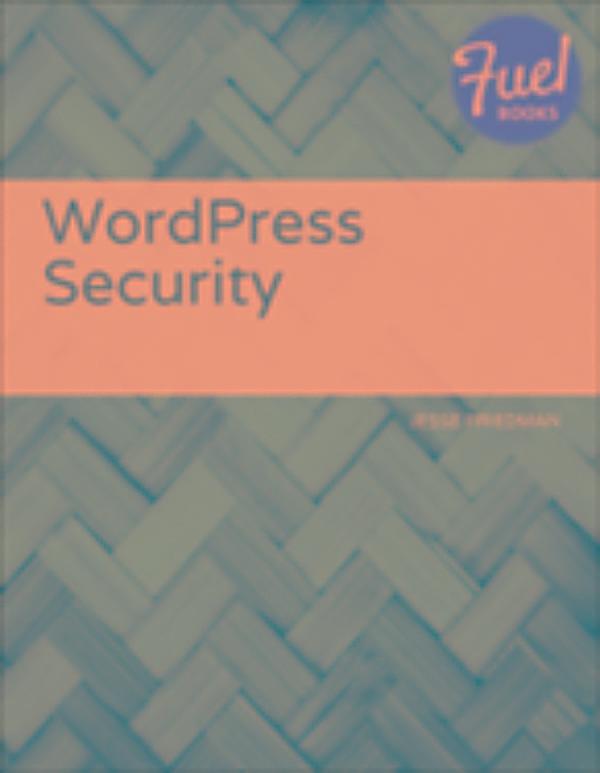
Finally, fix wordpress malware cleanup will tell you that there's not any htaccess in the wp-admin/ directory. You may put a.htaccess file within this directory if you wish, and you can use it to control access to the directory or address range. Details of how to do that are available on the net.
I protect an access to important files on the blog's server by putting an index.html find out here now file in the particular directory, that hides the files from public view.
Yes, you need to do regular backups of your website. I recommend at least a weekly database backup and a monthly "full" backup. More. If you make additions and changes definitely more. If you have a community of people that are in there all the time, or make changes multiple times a day, a backup should be a minimum.
What's the best way like this to achieve WordPress cloning? Out of all the choices that are available right now, which one is appropriate for you and which path should you choose?
Implementing all of the pop over here above will probably take less than an hour to complete, while creating your WordPress website much more immune to intrusions. Websites were this past year, mainly due to preventable safety gaps. Have yourself prepared and you're likely to be on the safe side.